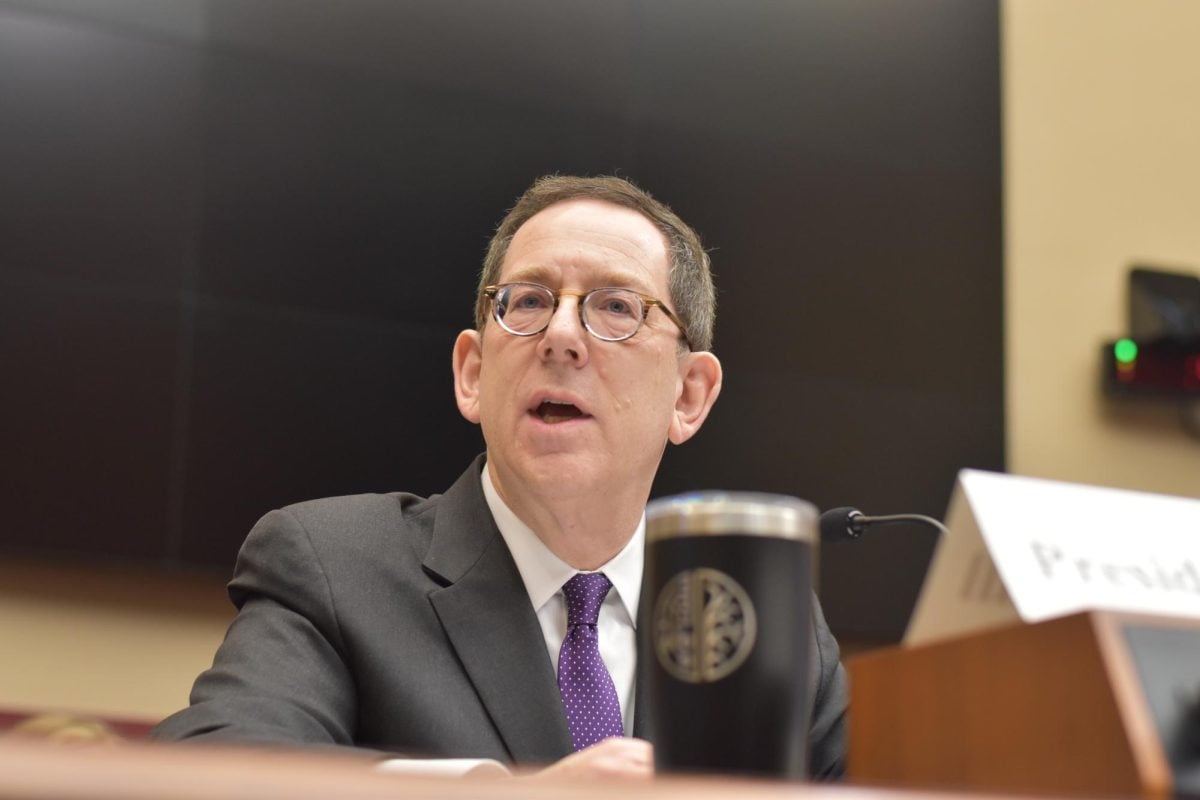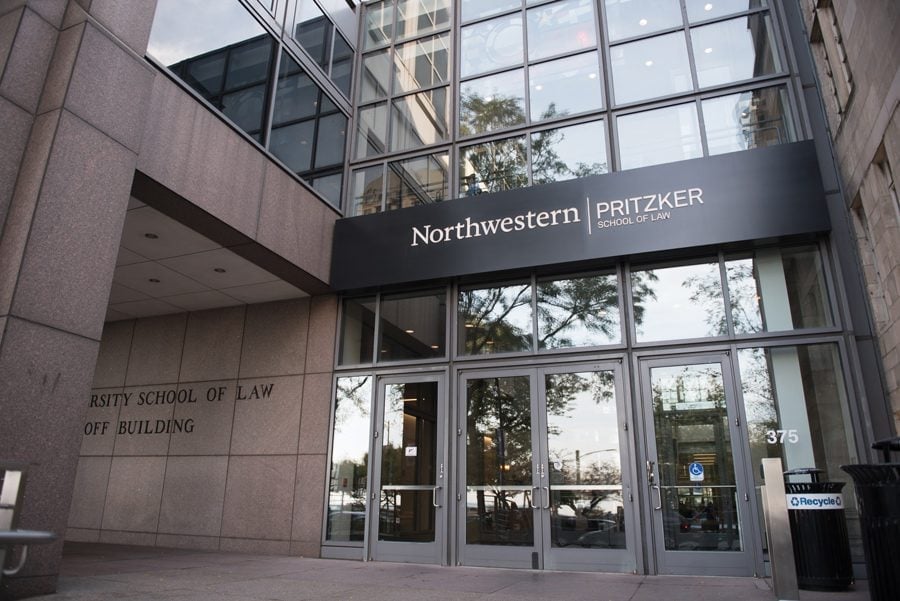As part of its strategic plan, the Bienen School of Music will move forward this fall with the establishment of a contemporary music institute as well as the revamping of the school’s curriculum.
One of the plan’s major developments is the unveiling of the Institute for New Music, which will debut this fall. It will sponsor concerts and festivals, organize lectures and bring residents to campus, among other functions, according to a summary of the plan.
The institute will offer students and faculty the opportunity to experience and perform more contemporary music and put a focus on using the University’s music library, which houses one of the most comprehensive collection of post-1945 compositions in the world, said Bienen Dean Toni-Marie Montgomery.
Russell Rolen, who will graduate with a doctorate in cello performance this June, spurred the creation of the new institute through his suggestions for a degree program in contemporary music. “We already had certain assets in place in that realm, and I thought that bringing those things together could increase the profile of the school,” Rolen said. Rolen said the institute will align with the research focus of the University as a whole.
“Contemporary music is in some way analogous to the cutting edge research in our field,” he said. “Composers are constantly coming up with new ways to combine sounds and types of instruments.”
Hans Thomalla, a composition professor in Bienen, will serve as co-director of the Institute for New Music. Thomalla currently directs New Music Northwestern, which brings contemporary artists to campus. This November, the new institute will be celebrating the centennial of American composer John Cage by hosting a festival and symposium featuring his scores.
“The institute could really bring different forces on campus together,” Thomalla said. “We would like to do as many sorts of festivals later where different initiatives come together and coalesce.”
Bienen began developing its strategic plan in the spring of 2010, around the same time the University began working on Northwestern Will, the broader strategic plan for NU. Bienen released the report at the end of last year.
Montgomery said the plan will improve the visibility of Bienen and distinguish it as one of the top music schools in the country.
“We are still considered among the top music schools with Juilliard, Eastman,” Montgomery said. “The strategic plan gives us the opportunity to separate ourselves.”
In addition to the new institute, the strategic plan will make changes to Bienen’s undergraduate curriculum by adding new classes that reflect trends in the modern music industry, including more courses on music-related technology such as recording techniques. Montgomery said these skills are vital in the age of digital music.
“The profession of musicians has changed,” Thomalla said. “There are people performing with laptops and doing all kinds of multimedia works and ensembles with electronics.”
Other curriculum changes include new classes on music business and entrepreneurship during the upcoming fall and winter quarters, which will provide students with practical knowledge about creating sustainable careers that utilize their musical talent.
Rachel Tollett, a fifth-year Ph.D. candidate in musicology and ethnomusicology who worked on the plan, said the entrepreneurship and business classes will help students promote themselves.
“It’s just very practical considering that in the current economy most performing musicians have to run their own financial affairs and promotion and business,” she said.
As part of the plan, Montgomery said Bienen is looking to introduce more classes that will show music students how to teach others how to play instruments. Pedagogy classes are already currently offered for voice and piano students, but the strategic plan would include classes for other instruments.
Casey Fuess (Bienen ’11), who worked on the curriculum portion of the strategic plan, said educating students how to teach others will prepare them for when they enter the workforce. He said many musicians have to supplement their performing careers with other jobs.
“It acknowledges the reality of the music profession,” said Fuess, who teaches high school choir on the South Side. “Musicians have to piece together a career. There are few jobs where you just land a position in an orchestra and you’re set.”
Montgomery said the creation of new classes under the strategic plan will help Bienen produce more well-rounded students.
“The school’s really interested in the whole musician, not only the musical talent, but also the academic,” Montgomery said.






